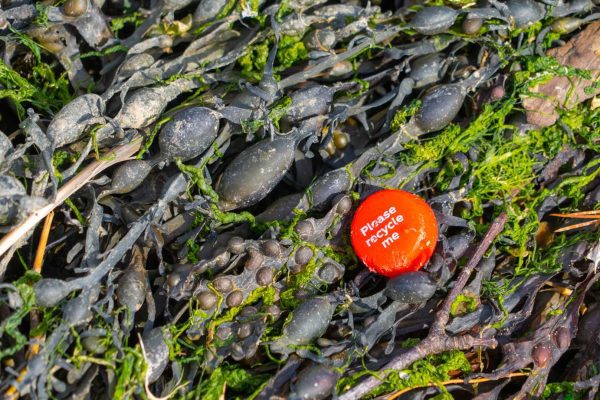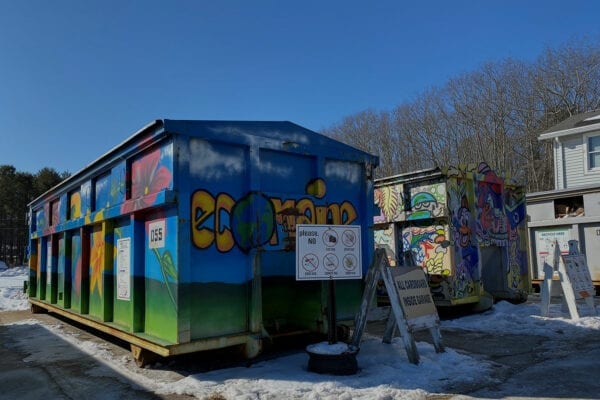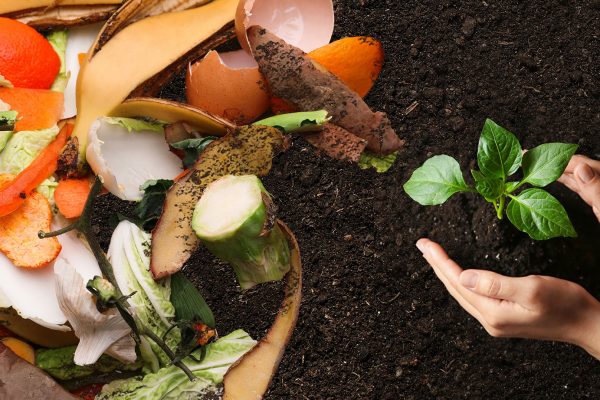Two recent events that impact how communities deal with trash in Maine have highlighted the systemic stresses on our local waste management systems.
First, a decision by the City of Auburn to stop its recycling program, opting to dispose of recyclable materials instead, is devastating for many community members who have committed themselves to improving recycling in the region.
The latest news of the pending foreclosure of the Penobscot Energy Recovery Company (PERC), a waste-to-energy facility in Orrington, Maine, has put towns in and around Penobscot County in a difficult position. We know just how important this local infrastructure is to the management of household waste in the region. While we don’t love the idea of burning our resources, we are heartbroken at the idea of more material finding its permanent home in landfills as a result.
Both of these situations demonstrate how low disposal costs and profit-driven decisions by corporations responsible for managing waste create economic incentives that are working against Maine people and our environment.
With all this in mind, the Natural Resources Council of Maine (NRCM) remains committed to our collective work to make our state a more sustainable place to live. This means partnering with local officials, business owners, grassroots groups, and others to tackle plastic pollution, produce less waste, and create more accountability for those corporations who manage it.

Individual action at home will be important but so is the work of individuals who care about Maine’s environment working with us to build systemic change. If you’re unsure where to begin, here are some suggestions that can really make a difference in your community starting today.
- Attend town meetings, open forums, and member meetings for your regional solid waste programs, if you can. Advocate for local recycling programs, waste reduction policies, and other alternatives to disposal for common household items.
Use your collective voices to hold decision-makers accountable in creating solutions for your neighbors and you. If there’s a vacancy on your local solid waste, recycling, or sustainability committee, consider joining to help shape the future of these programs!
- Practice those 3Rs! During this uncertain time for managing waste, don’t forget the most important strategies of Maine’s Solid Waste Management Hierarchy: Reduce, Reuse, Recycle!

As your elected officials work for long-term solutions, find opportunities to reduce single-use plastic, skip unnecessary packaging, repurpose items before tossing them out, and investigate other recycling options. Join your community “Buy Nothing” groups, use Facebook Marketplace, or throw a good old-fashioned yard sale to rehome unwanted items and get thrifty with it!
- Your voice matters! Did you know that you can contact companies you shop from to request more recyclable packaging? Brands are becoming increasingly aware of the impact of their packaging on consumers and the environment. With Maine’s Extended Producer Responsibility (EPR) for Packaging law underway in Maine, recycling can help reduce overall disposal costs and give value to discarded materials. Let them know your concerns about their packaging. Then urge them to create less waste and make the switch to options that are more easily recyclable.
Did you also know that, when it’s implemented in 2026, Maine’s EPR for Packaging law will reimburse municipalities for their recycling costs? Make sure your community is prepared to take advantage of these resources, and let them know NRCM can help along the way!
- If you haven’t yet, try composting at home. Food waste creates harmful greenhouse gases that contribute to climate change. It also makes up an overwhelming amount of weight in our household trash. There are local companies that will collect compost, and some town transfer stations have locations for dumping compost.

Check out these resources from the Maine Department of Environmental Protection, and turn those scraps into healthy soil for your gardens!
NRCM is eager to be a resource for individuals, local businesses, and communities looking to improve their sustainability and protect Maine’s environment. For more information and resources, send us an email at nrcm@nrcm.org or visit our Sustainability page.
-Vanessa Berry, Sustainable Maine Program Manager










Leave a Reply